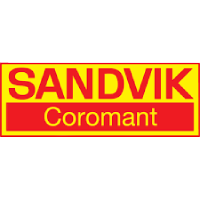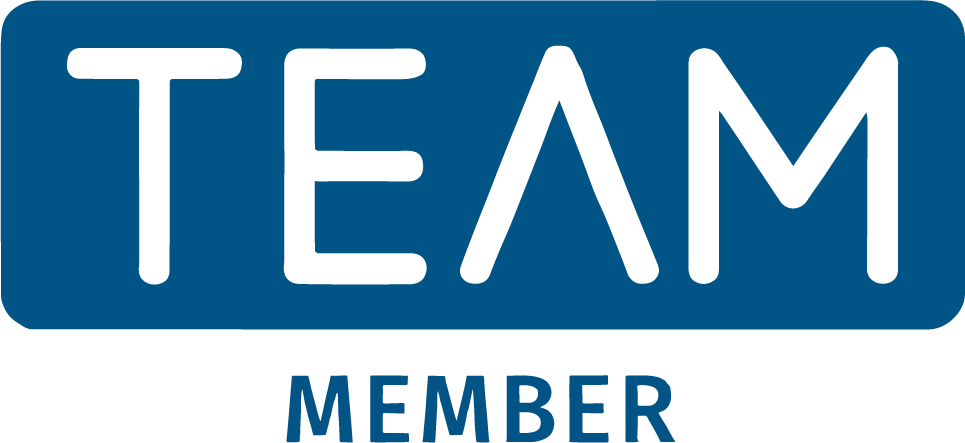HIRING?
Let us support you to source great talent
Employers
Building a great business starts with finding great people, but does it sometimes feel like an impossible task?
Like many agencies, we have the expertise, resources and tools to find the talent you need. However, when you partner with ASC, you gain more than just recruitment solutions.
WHY PARTNER WITH ASC?
You Come First
People are more than just numbers to us! We take the time to understand you, your business, your goals and your challenges, allowing us to see the full picture and find talent that truly fits your needs.
This approach is why we maintain strong employee retention and why both clients and candidates return to us repeatedly.
To find out more about how we can support you to hire great talent, visit our recruitment services pages.
How we work
Our consultants specialise in a single discipline or industry within one of these sectors, ensuring they deliver a highly relevant service. As a company, we invest in ongoing training to ensure our consultants stay current with the latest market trends and employment knowledge in their area of expertise.
It's Not Just About Filling Your Roles
We want to provide you with a service that supports your recruitment. This is why our consultants provide advice and guidance on all aspects of recruitment such as:
- Selling your business to a candidate
- Interview techniques
- Industry and employment insights that will benefit you
- Support with recruitment legislation
- Help you to devise a recruitment strategy to maintain personnel long term
- Support your onboarding process






